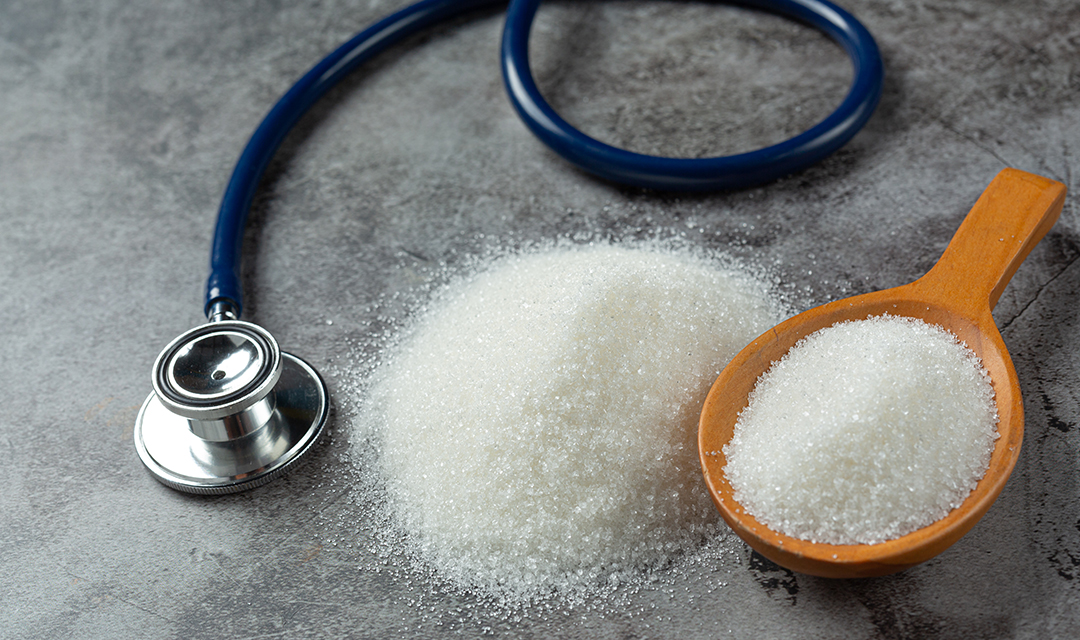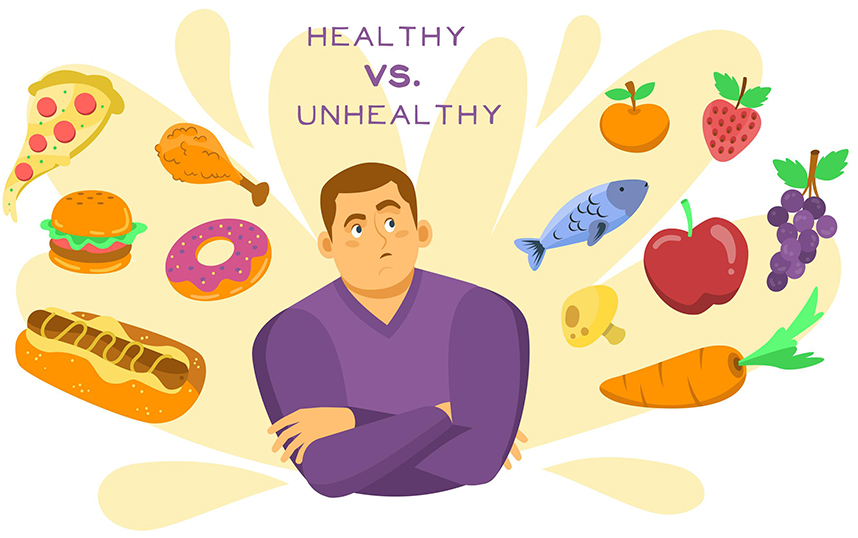Insight Pain Management – If you suffer from chronic pain, did you know that what you eat could be playing a major role in the symptoms you are experiencing and your ability to heal? Eating fuels our bodies and gives us the nutrients we need to function optimally. Everything from mental health and inflammation to heart disease and cancer is directly impacted by our dietary choices. Together with regular exercise and maintaining a healthy sleep schedule, making smart choices like eating more fruits, vegetables, and whole grains, drinking more water, and adjusting portion sizes can make a considerable difference. If you are concerned about your nutritional habits and how they are contributing to your chronic pain, it is always best to discuss your diet with your healthcare provider. However, there are many foods that everyone can benefit from reducing or eliminating from their diets, including these eight foods that contribute to chronic pain.
Alcohol & Caffeine
Alcohol and caffeine can contribute to chronic pain in many similar ways. Both disrupt sleep, intensify pain levels, heighten anxiety, and cause dehydration. However, alcohol is also a toxin that can have devastating effects on the body. Regular alcohol use can contribute to significant, persistent pain for people with cancer, liver disease, nerve damage, neuroinflammation, cardiovascular disease, and depression.
Artificial Sweeteners

Studies have suggested that there is a connection between artificial sweeteners (e.g. aspartame, sucralose) and chronic pain. Artificial sweeteners can disrupt bacteria in the gut leading to inflammation and pain, contribute to chronic disorders such as fibromyalgia and migraines, and cause weight gain. For an alternative to artificial products, natural sweeteners like honey and maple syrup are recommended.
Dairy
Dairy is a staple in many peoples’ diets, but it is not good for everyone to consume. If you experience chronic pain and inflammation, dairy products could be making your symptoms worse. This is because the sugar found in dairy (lactose) instantly converts to glucose when digested. When this occurs, blood sugar in the body is elevated and inflammation triggers pain related to arthritis and musculoskeletal issues. If you are considering reducing dairy in your diet, be sure to choose other foods with similar nutrients, including non-dairy milks, calcium-rich foods like kale and almonds, and foods high in Vitamin D, such as eggs.
High-Sodium Foods
Meats like bacon and sausage, pizza, sandwiches, and sauces all contain high levels of sodium that cause dehydration and inflammation in the body. Consuming high-sodium foods can also elevate blood pressure, which also contributes to chronic pain. To manage chronic pain, be mindful of the sodium you are consuming and focus on a balanced diet with fresh fruits and vegetables, whole grains, and lean proteins.

Processed Foods
In addition to high-sodium, processed foods (e.g. canned soups, fast food, sugary drinks) all contain refined carbohydrates, added sugars, and unhealthy fats that can elevate inflammation and worsen chronic pain. Many processed foods also contain unhealthy additives such as artificial colors and preservatives that may increase pain and the symptoms you are experiencing.
Red Meat
Red meats, including steak and hamburgers, are very high in cholesterol, saturated fat, and sodium. Regular consumption can lead to inflammation and increase the likelihood of developing chronic diseases such as cancer, diabetes, and heart disease. As an alternative, choose lean meats like chicken and fish, which are both good sources of protein, vitamins, and minerals.

Saturated Fats and Trans Fats
Both saturated and trans fats should be avoided because they are difficult to digest and can elevate LDL (bad) cholesterol, which causes heart disease and stroke. Saturated fats are often found in meat, cheese, and butter. Trans fats can also occur naturally in some meat and dairy products, but are more commonly found in processed foods like microwave popcorn and fast food.
Sugar
Many people eat far more than the 12 teaspoons of sugar the World Health Organization recommends for daily consumption. For example, just one can of soda contains as much as ten teaspoons of sugar. Every time we eat sugar, our blood sugar levels spike leading to inflammation and pain in the body. If you are looking to cut back on sugar, remember to review nutrition labels. A number of foods that you might think are healthy also contain large amounts of hidden sugars, including fruit juice, condiments, peanut butter, tomato sauces, and salad dressings.

Maintaining a nutritious diet may not completely eliminate your chronic pain, but it is an important step in getting your symptoms under control and making meaningful progress in your healing journey. To learn more about our services at Insight Pain Management and to schedule an appointment, contact us today.
FAQ
Q: What is a pain management specialist?
A: A pain management specialist is a physician who specializes in the diagnosis, treatment, and management of various types of pain. Pain management specialists are involved in developing individualized treatment plans, medication management, interventional procedures like joint injections, and collaborating with other healthcare professionals such as physical therapists.
Q: How do I know it is time to see a pain management specialist?
A: Everyone responds to pain differently, but it is generally time to see a pain management specialist when your pain is not responding to initial treatments or over the counter medications and is disrupting your quality of life.
Q: Can pain management specialists help me recover after surgery?
A: Yes. Pain management specialists can play an important role in helping patients recover after surgery and understand some of the unique challenges that can happen following certain procedures.

